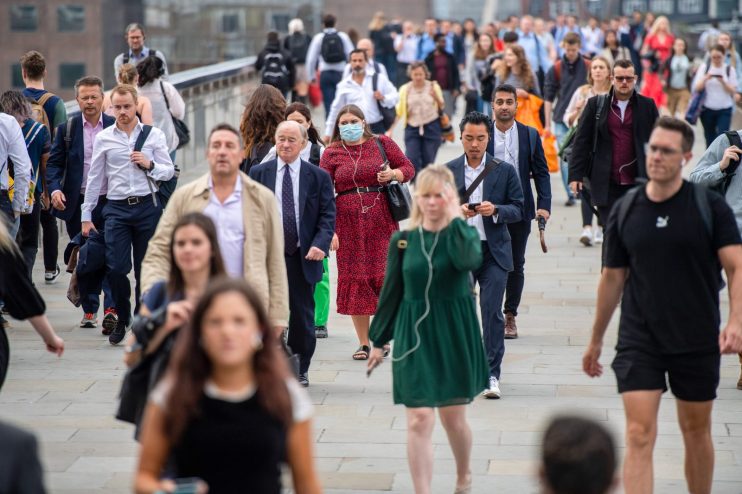Back to school in the City: Lessons for a CEO from M&A to COP26

It’s been back to school in the City this week, with the streets of the Square Mile once again flooded (if not quite packed) with people. On the surface, it may look similar to pre-Covid, as footfall ramps up and Transport for London reported the busiest month since March 2020. CEOs, however, cannot return to business as usual and brush the last year under the carpet.
Corporate activity will be driven up even further by private equity dry powder and a perceived underappreciation of UK equities post-Brexit. In the last month there has been big ticket M&A involving companies such as Morrisons and Meggitt. In the year to date, almost 1,500 British companies, worth a combined £183bn, have had bids for acquisition, according to Dealogic. CEOs will need to be on the front foot, prepared to protect shareholders interests with a robust defence in the event of an unsolicited approach for their own business. They must be equally ready to pursue their own acquisition targets before they are in play or hoovered up by competitors.
In this latest stage of the pandemic, chief executives need to have a greater dialogue with a wider set of stakeholders. CEO’s communications during Covid to date have necessarily focused on investors, for their financial suppport, policymakers, for Government backing, and employees, to reassure them. Businesses’ are increasingly being held to account by a wider audience, and activist investors are demanding more from company boards. Taxpayers have forked out £66bn for the furlough scheme to support businesses – so people are rightly asking, how are businesses supporting them?
The obvious area of focus will be green credentials. The last summer has been awash with shocking news from around the world and as almost everyone knows by now, the UK is hosting the UN Climate Change Conference in Glasgow in November. Companies will need to tell a compelling ESG story that resonates with the people on the street as much as an institutional investor. CEOs who fall into the trap of greenwashing for short-term gain will pay the price further down the line.
There will also be a fresh class of public company CEOs. Following what has been the best start to the year for IPOs on the London Stock Exchange since 2014, another wave of private companies have been busily preparing to go public in the second half of the year. Prospective investors are ready and waiting to invest, but no one should underestimate just how discerning they will be given the number of investment options. The competition for capital is expected to be intense, and the importance of a differentiated and well-articulated investment proposition will be more important than ever as companies jostle for institutional support.
Perhaps more important than the competition for capital, will be the competition for talent. For many businesses, this month heralds the first trime in over 18 months that the office returns as a hub of activity for the workforce. CEOs will need to listen to their people and adapt as working practices evolve to make sure that stay relevant and agile whilst attracting and retaining key employees. Big firms in the ultra-competitive talent pool of Silicon Valley are already learning how contentious policies can become if not communicated well, with “no jab no job”, delayed office reopenings and reduced pay for remote staff causing violent debate across staff.
One of the final unanswered questions is sartorial style. Before the pandemic hit, Goldman Sachs caused furore in some traditionalist circles by announcing that it was relaxing its dress code. In the subsequent year and a half, many of those naysayers have shed the suit trousers for shorts and jogging bottoms as they meet on Zoom and Teams calls. So will the Square Mile again be populated by pinstripes and Hermes ties?